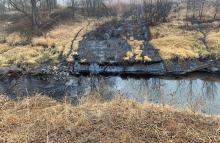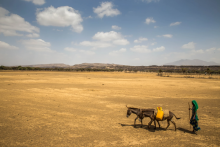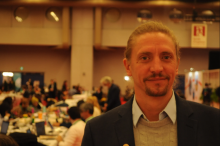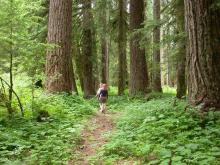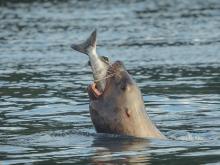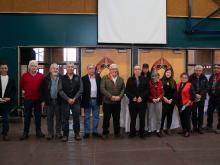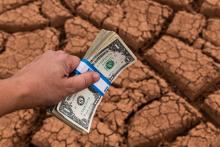Chris Gilbert is a professor of political science at the Universidad Bolivariana de Venezuela, and the creator and co-host of the Marxist educational television program Escuela de Cuadros. This article is adapted from his upcoming book, Commune or Nothing!: Venezuela’s Communal Movement and Its Socialist Project (Monthly Review Press, 2023).
